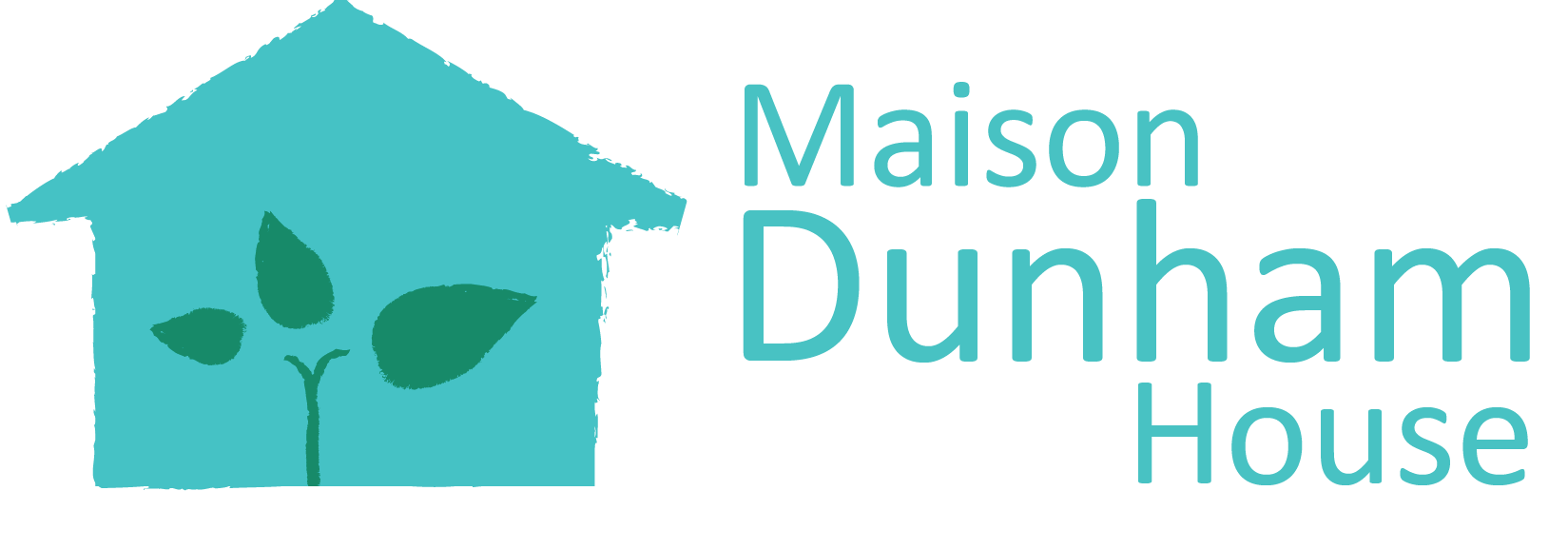"If only mummy could pull herself together, stop drinking and acting out?" Every child of a person with mental illness and addictions has spoken words like these. Every child of such a person is embarrassed by that parent. Here lies a central problem, shame.
The primary barrier to seeking help is often shame. For, mental illness is often seen as a moral failing. Rather than having a discussion that may help illuminate the underlying issues, the default reaction towards a loved one with mental illness is often blame, making everything worse.
This is what happened with my grandparents. Anna was seen as a bad person who in effect killed my grandfather. After Alec’s death, my father and my uncle shunned her and their reaction opened up a terrible breach between Anna’s family and the Patersons. Everyone lost.
What they did not see was that Anna’s failure was not her character but her inability to cope with an event. The event that started her downward spiral
was the disgrace of her father. Percy Cowans, a self-made man, had been the wealthiest person in Canada. Everyone envied him and wanted to know him. To be his daughter was to be a Princess indeed. In 1933, he went bust in the largest bankruptcy in Canada. Many other people were also ruined.
Overnight he went from being a hero to being a social leper. Granny lost her position, her identity and his protection. At the same time, Alec also went bust. 1933 was when the Great Depression really began to bite. They had to sell their house and move to the summer cottage. They were so poor that Alec's uncle would buy the boys their winter coats, and Nan, my father's nanny, was not paid for eight years.
Anna was devastated by these changes to her social status. Her entire sense of identity and how the world worked had been destroyed. In her distress, Anna reached out to Alec. But he could not listen, for his heart was frozen. In WWI, Alec had been in action in France for nearly four years. He had lost all his friends and many cousins. To survive, Alec had closed down his heart and his emotions. He could not hear Anna. Nor could he dare discuss how his experience in the war had affected him with her or anyone else.
In the 1920's and 1930's "real men" shared nothing. As time went by, the walls around Alec's heart grew ever higher and more brittle. His only escape from his demons, and Anna's, was to join up again on the day that war was declared in 1939. Anna attempted suicide when he signed-up, but he went anyway. Back in uniform, overseas, surrounded by other soldiers, Alec felt safe in the only world that was real for him. But for Anna, her isolation was now absolute.
If in the 1930s had Anna been able to discuss her pain and fears with Alec, she may have recovered. Her father's fall might have just been a bad event to be overcome rather than a trigger for an eventual collapse of mental health. Four years of isolation with Alec overseas, her children in boarding school or relatives' care tipped Anna into a dark pit from which she could never return.
Suffering trauma does not mean that a person will inevitably become mentally ill. Many people suffer a loss of identity, as Anna did, and find a way of coming back. But, to have no outlet for your feelings, or worse, to be rejected as a weak person, is to set you up for more stress. Similarly, as for Alec, many men can cope with having long-term battle-stress and loss. But again, having no outlet means that these feelings get suppressed and so are given power. A power that ultimately can overwhelm.
The irony is that as family members, we may not be the right people to listen anyway. Anna could never have understood what Alec had gone through. Nor could he, a member of a longstanding family, and so more secure in his social position, understand what the loss of Percy's status might mean to Anna.
These are the situations where a place and a community, such as Dunham House, come into play. There you can talk with people, and you can live in a community that will not judge you. You can find a safe place where you can reveal your deepest fears, where you can be yourself.
You can have a chance to learn how to cope and so make your life back in the wider world and with your family.











